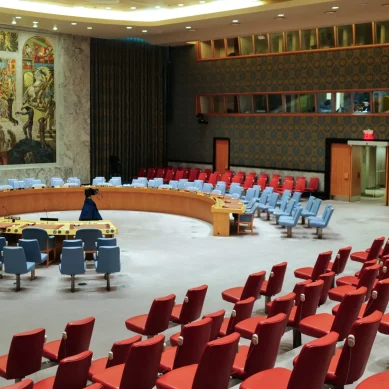Just hours after the Kenya Cabinet Secretary for Education George Magoha released examinations results for the delayed Kenya Certificate of Secondary, questions have already been raised about “education de-localisation” that seems to have adversely affected region that have traditionally performed well in national examinations.
Conversely, schools in regions that had in until two years ago had become been posting poor, have this time around registered improvements as the regions that complained of being deprived of high-achieving tutors were made do with headteachers and teachers that had bad records in their previous works stations.
Western Kenya and Nyanza regions, famed for nurturing hardworking teachers posted average to poor results, with the number of schools in 100 list reducing drastically as Rift Valley and Central Kenya saw an uptick, according to the Kenya National Examinations Council (KNEC) rating table. The regions benefitted from transfers of teachers from Nyanza and Western in the de-localisation programme.
Traditionally, most teachers in Kenya, like other public servants prefer to work in schools near where they were born because of cultural and economic reasons. Working closer home, they always argued, reduces their budgets on rent, transport and food.
In addition, I came out during the transfers that were resisted that working closer home enables them to grow food on their farms that subsidise their incomes. Some of the food is sold for extra income.
Prof Magoha often dismisses the argument, pointing out that working in an environment where they were born and went to school narrows the teachers’ worldview and entrenches ethnicity, which has been at the centre of Kenya’s political and economic upheavals over the past 50 years.
The minister explained his unpopular policy as intended to foster national integration and a sense of nationalism. In some instances where both parents were teachers, they were forced to live hundreds of kilometres apart.
The Commission kicked off the delocalisation exercise in January, 2018. Other massive deployments would then follow in April, August and December of the same year.
Although in April, 2019 the Commission slowed down the transfers as only a handful administrators were moved.
Classroom teachers have not been spared either. A number of them will be reporting to new stations in January, 2020 after getting their transfer letters
For details, open the file attached:











